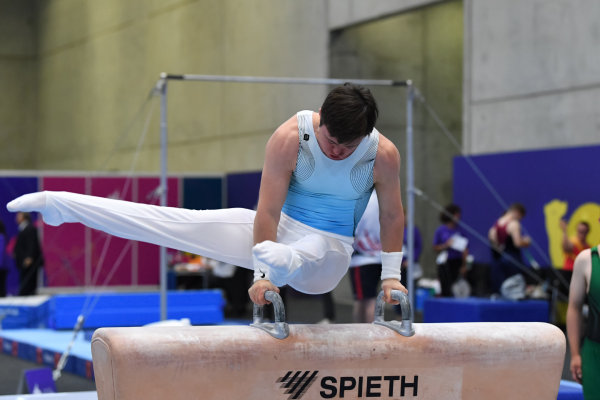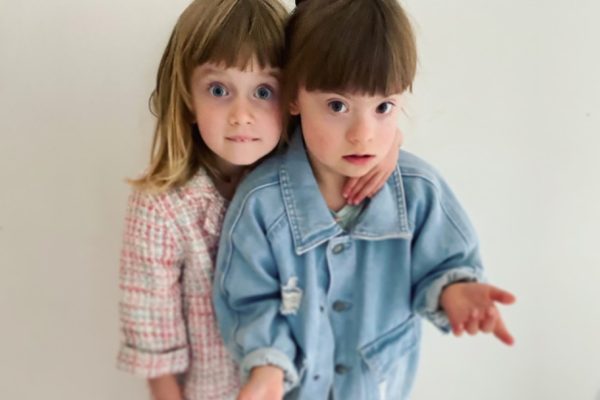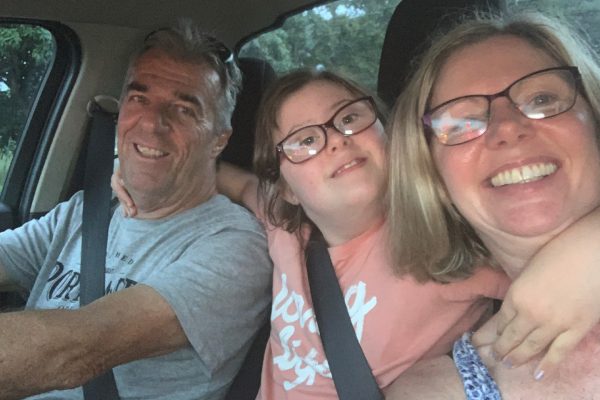
Why are we still judging a book by its cover?
By Kelly Wilton
Of all the sayings I have heard over and over, ‘never judge a book by its cover’ is a golden oldie.
It’s human nature to be inquisitive and to ask questions – it’s how we learn; and particularly how children learn. So as I’m trying to explain to my child that being different is a wonderful gift for him, I feel that I am in a constant battle zone because I am all too aware of the inquisitive looks he gets, from both children and adults, who quite obviously are ‘judging a book by its cover’.
Difference is so often perceived as a weakness and when we see someone or something so very different to what we are used to, it is also too easy to think that what we are seeing is something ‘less’.
What would happen if we turned that immediate thought of ‘less’ into something ‘more’? I l know that I need to work on this myself and ponder what it means for my own situation.
Am I the one that is close-minded, thinking that everyone needs to be just like me?
I would love those inquisitive looks my son gets to be followed up with a smile or a simple ‘hi’. It would make the world of difference, not just to us but also to the person on the other side of the equation, I am sure.
It doesn’t take much to explain to children that we are ALL different in our own unique ways and that people who ARE different (and there will be many that cross their path in their lifetime!) have talents, skills and lessons to teach US all.
Let your children follow your lead by stepping outside of your own comfort zone and start showing your humanity in your dealings with others. If it wasn’t for my twins, who are giving me a hard and fast lesson in neurodiversity, I may even be that parent who tells their children to ‘stop staring’, hushing them up as they ask questions, or shuffling them on as we pass on by, for fear of being embarrassed.
But the fact is, I’m not like that because of the joy my neurodiverse children have brought to our family and because of the lessons they have taught us so far; particularly, my son who lives with half a brain – if you seem him around, he’s the one with the wicked scar on the side of his head!
The challenges he has overcome in his short life are often overlooked – people only see the scar, the difficult or unusual behaviour and a little boy who is very different to them. If people just slowed down to give him time to process what they are saying, to give him the chance to process the world at his pace, instead of keeping up to some impossible standard, then maybe they would see what I see.
If you ever have an opportunity to share time with someone so very different to you, perhaps just stop for a second or two – you just may learn something quite extraordinary.







